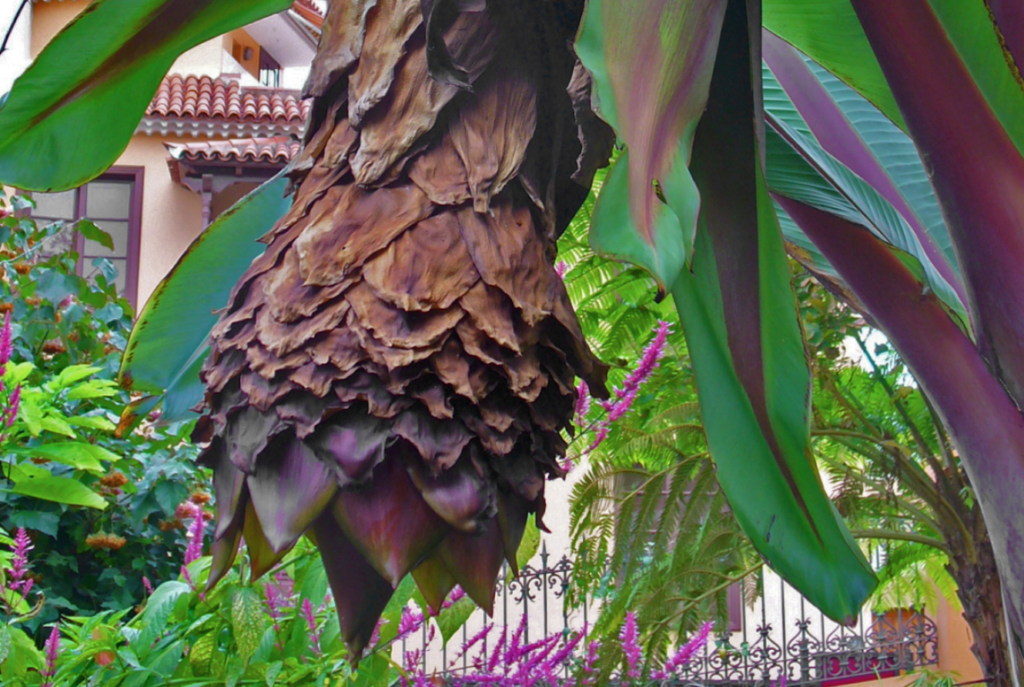The growing climate crisis and the COVID-19 pandemic have worsened food insecurity for millions around the world. But a new study suggests that enset, an Ethiopian plant relative of the banana, has the potential to feed more than 100 million people in warming environments if its cultivation were to be expanded.
Also known as the “false banana,” enset is a starchy crop and staple food in Ethiopia, where it provides food for 20 million people. The Food and Agriculture Organization (FAO) reported that “enset provides more amount of foodstuff per unit area than most cereals.” Unlike a banana, however, its fruit is inedible, but its stems and roots can be fermented and are commonly used to make porridge and bread.
Now, researchers out of Ethiopia and the UK say the crop has “significant potential” to address food security and sustainable development across the Global South if the cultivation of enset were to be expanded. A study published in the journal Environmental Research Letters suggests that while the plant has not been cultivated elsewhere, it may be able to tolerate other growing regions because its wild, inedible relatives have been spotted growing as far away as South Africa.
Related: Scientists Unveil Biodegradable, Antibacterial Food Packaging
“Expanding the range of cultivation of currently underutilized crops has significant potential to support the diversification and resilience of global agri-systems under climate change,” the study’s authors wrote.
The researchers used agricultural surveys and ecological modeling to identify similar highland climates in which enset cultivation could contribute to food and nutritional insecurity needs while posing minimal barriers to adoption. The study found that the crop could feed more than 100 million people over the next four decades and boost food security in Ethiopia and other African countries including Kenya, Uganda and Rwanda.
The United Nations (UN) warns that over the next 30 years, food supply and food security, especially in African countries, will be severely threatened if more is not done to tackle global heating, and crops’ vulnerability to increasing extremes such as prolonged droughts, heatwaves, flash-flooding and insect infestations. Researchers posit that the implementation of enset could help mitigate those impacts.
However, the process won’t happen overnight. There are several barriers to expanding enset’s cultivation, including Ethiopia’s restrictions on the international transfer of plant material to protect Indigenous resources from inequitable exploitation. Because of this, researchers say enset’s expansion outside of Ethiopia would depend on bilateral access and benefit-sharing agreements.
Additionally, since enset’s cultivation is “closely associated with cultural groups who hold the required knowledge,” the expertise and plant material would need to be fairly and equitably shared for the crop to be successfully grown and distributed elsewhere. Not to mention, local dietary preferences, culture and livelihood systems among different regions are also important factors that need to be considered before expanding enset beyond its current range.
“Whilst this represents a challenge to existing agri-system and food networks, it is also an opportunity to adopt an improved suite of climate-resilient crops with multiple food security co-benefits,” the study’s authors said.












Join or login to leave a comment
JOIN LOGIN